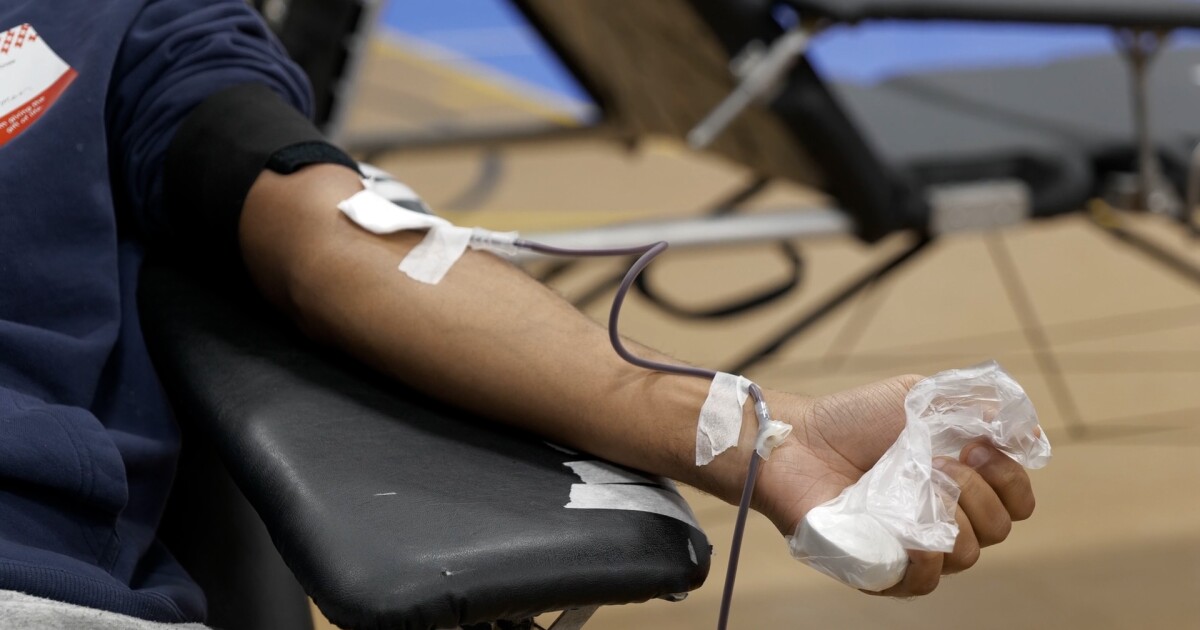Blood
There’s a dire need for blood as Red Cross reports a shortfall of 30,000 donors
- The American Red Cross has seen a decrease of 30,000 donations
- Local members are asking high schools and colleges to hold drives
- Already-scheduled company drives are being asked to open appointments to the public
ALLENTOWN, Pa. — A shortfall of 30,000 donations in August is making the need for blood across the country even more dire, according to the American Red Cross.
That lack of donations reaches here to the Lehigh Valley.
The American Red Cross always puts out the call for blood, but this time the need for donations is a little more desperate.
“We’re really trying to get ahead of it, so that we can nip this in the bud and avoid having a shortage as we move into the fall and over the holidays,” said Peter Brown, executive director of the Pennsylvania Rivers Chapter, which covers the Lehigh Valley.
Brown said more people were traveling this summer following the coronavirus pandemic, and now hurricane season already has canceled dozens of blood drives.
The national shortage affects what happens across the Lehigh Valley, he said.
“We have the ability to move blood supplies to the areas of most critical need,” Brown said.
“So sometimes additional blood is coming into the Lehigh Valley and sometimes if we have had strong collections locally, we’ll be transitioning blood to other parts of the country that have a greater immediate need.”
Donations needed to survive
Brown said there are people of all ages who need the donations to survive.
“September is sickle cell Awareness Month and also child Cancer Awareness Month,” Brown said.
“About two-thirds of children who are receiving cancer treatments will have a need for transfusion of either blood or platelets.”
Peter Brown, executive director, Pennsylvania Rivers Chapter of the American Red Cross
“Sickle cell patients sometimes need up to 100 blood transfusions a year in order to treat their disease, and typically about two-thirds of children who are receiving cancer treatments will have a need for transfusion of either blood or platelets.”
With schools back in session, the Red Cross is targeting high schools and colleges to set up drives. Brown said it’s also trying to maximize attendance at the already-scheduled community and company drives.
“We are asking some of our company partners to consider opening up their drives to the outward community if they’re on schedule, if there are appointments available, and we will be continuing to look to add additional drives,” he said.
The American Red Cross also in August changed its restrictions for people to donate blood regardless of their gender or sexual orientation. Brown said anecdotally he has seen an increase in different demographics donating.
Red blood cells can be stored for up to 42 days. Donors can give every 56 days. Those looking to donate can visit redcrossblood.org.

